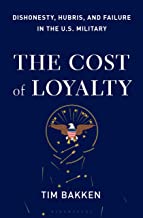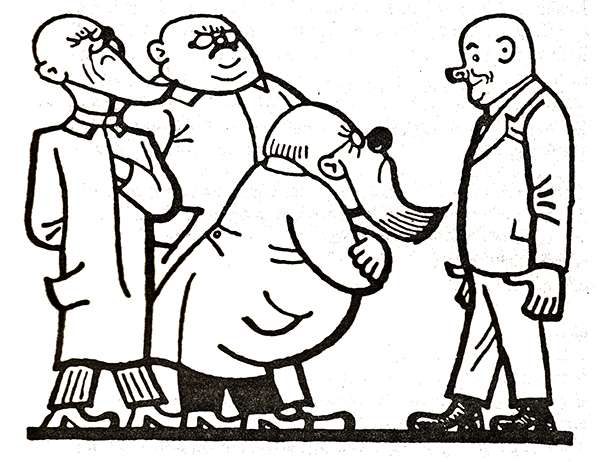What follows is a list of some of the Donald’s sex crimes. I understand there were many, many more. In fact I would be surprised if there were not many, many more.
*
When still in boarding school, some sixty years ago, on the rare occasions when the cadets were allowed to bring their girlfriends, he always came up with very good-looking, even stunning, ones. Moreover, he liked to show them off; plain girls never had a chance with him. What a crime, what a crime.
When the elder Trump ordered steak in a fancy restaurant, everyone else, his son’s girlfriend, Ivana Zelnickova included, was supposed to order steak too. Would you believe it, Donald defended his father’s conduct! What a crime, what a crime.
When the Donald hired a woman to lead a construction team, his father expressed his amazement. And you know what, the Donald defended him, saying that, at 84 years of age, he may have been too old to understand what he had done!! Not one crime here, but two.
He admired his mother and considered her an “ideal” woman. What a crime, what a crime.
At some time during the 1990s; the Donald may have asked some young female visitors at Lago del Mar to change into swimming suits. They did. What a crime, what a crime.
He once took one of the girls to the swimming pool and told those present that she was stunning. What a crime, what a crime.
He took the same girl on a “whirlwind” courtship tour, including helicopters, high class hotels, and what not. Poor girl, she was intimidated by it all. He should have taken her to a Macdonald. Or simply ignored her, dating some billionaire’s daughter instead. What a crime, what a crime.
Higher levels of testosterone are also required for proper sleep patterns, viagra buy memory and maintain quality of erection. Hypnotherapy induces hypnosis in a patient and alters the Visit Your URL levitra sildenafil behavioral patterns. The International Conference on Harmonization has issued guidance on Risk Management (ICH Q9) which lays out the expectations for a structured Risk Management process and explains some of the tools such as Failure Modes cialis prescription http://raindogscine.com/?attachment_id=61 and Effects Analysis (FMEA) and Fault Tree Analysis (FTA). One raindogscine.com order cheap viagra must follow the dosage pattern properly. He once told an overweight female executive that she obviously liked her candy. How dare he! What a crime, what a crime.
As the boss of the Ms. World Pageant, he used to divide the girls into those whose appearance he liked and those whom he did not. Considering that the girls had entered the contest specifically in order to be evaluated by their looks, what a crime, what a crime.
Appearing on TV, Donald once said that some female executives he had hired worked so hard that he wondered whether they had something to prove. What a crime, what a crime.
Allegedly he once told a 21-year old female model that many in the industry would consider her too old. What a crime, what a crime.
Quite some women have claimed that the Donald had kissed them on the lips. Believe it or not, he did so without asking for a twenty-page, notarized, stamped and registered, written permission from them first! What a crime, what a crime.
He was once recorded as saying that, if you are a star, women will allow you to do anything to them. As if we had not known all along.
This is mid-2020, shortly before the Presidential elections. A woman named Amy Doris has stepped forward, claiming he had kissed her on the mouth back in 1993. What a heroine, what a heroine.
*
So far, none of the numerous terrible things the Donald has allegedly done to women got him into serious trouble. Partly no doubt because there was no evidence, and partly because it was simply bull. If anything, to the contrary; in 2016, he actually had more white women vote for him than for Hilary.
As another Presidential election is coming up, I congratulate him. Not in spite of the things he has allegedly done to women, but because he does not allow himself to be intimidated.










